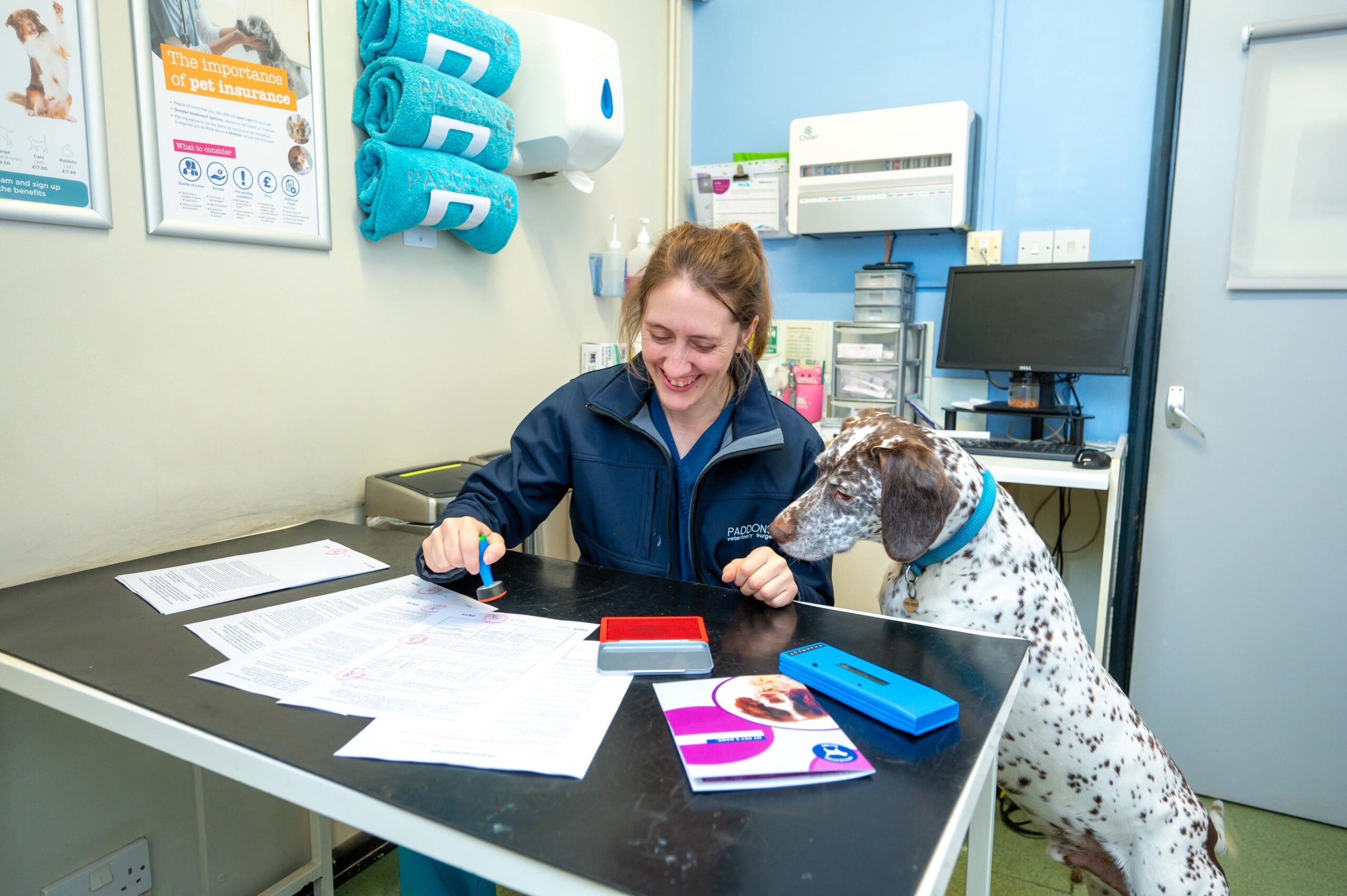Pet travel requirements: Taking your pet abroad on holiday
Taking your cat or dog on holiday with you means you don’t have to be parted with your much-loved pet while you’re away, and it can avoid the worry of deciding who is going to care for them during your break.
To ensure you have a smooth, stress-free trip, it’s important to plan ahead to make sure you have all the correct paperwork in place for your pet by the time you’re due to travel.
It’s also a great idea to do some research so you’re up to speed on any relevant laws affecting pets in the country you’re going to and are aware of any potential health risks your pet may be exposed to while abroad.
Travelling within the EU
If you are travelling to an EU country or Northern Ireland, your pet will need:
- An Animal Health Certificate, unless you have a pet passport that was issued in an EU country or Northern Ireland with an up-to-date rabies vaccination.
- A microchip
- Up-to-date rabies vaccinations, started at least 21 days before the vet issues your travel documents.
- Tapeworm treatment, needed for dogs if you’re travelling directly to Finland, Ireland, Northern Ireland, Norway or Malta, and before you return home to the UK.
Animal Health Certificates
Since Brexit, you are no longer able to use pet passports issued in England, Wales or Scotland to travel to EU countries or Northern Ireland and instead your pet will need an Animal Health Certificate (AHC).
UK vets are not allowed to enter anything other than details of worming treatments into EU pet passports so rabies vaccinations must be done by EU vets if using these passports.
AHCs can only be used for one trip into the EU and are then valid for up to four months of travel within the EU, and for your return to the UK within that time limit.
To apply for an AHC, you must arrange for your pet to be examined by a vet who has been approved by the Animal and Plant Health Agency (APHA) to issue the certificates.
They are known as an Official Veterinarian (OV) and you should check that the vet practice you use has an OV – if not, they may be able to suggest one.
The OV must examine your pet no more than 10 days before you travel, so contact your vet practice well in advance so you can be sure an appointment will be available.
An AHC is at least an 11-page document, so please allow time for your vet to complete it.
Your pet must be up-to-date with their rabies vaccination before an AHC can be issued.
Vaccinations must have been started at least 21 days prior to completion of the AHC. Pets must be over 12 weeks old when vaccinated for rabies for an AHC.
If you are travelling directly to Finland, Ireland, Malta, Northern Ireland or Norway, your pet must also be given a tapeworm treatment, no less than 24 hours and no more than five days before you are due to arrive.
In other EU countries, you’ll need to see a vet in the country you are visiting to have a tapeworm treatment administered one to five days before you return to Great Britain.
Up to five pets can be added to an AHC, and the rules for travel apply to assistance dogs.
It is very important to have all the correct paperwork in place, with all the relevant information correctly filled out, otherwise your pet will not be able to travel.
It can be a complicated process, but your veterinary practice should be able to help. The government also offers guidance and has phone and email helplines that you can contact.
Travel outside of the EU
Different countries around the world have their own rules on whether you can take your pet there, and some require a set of comprehensive tests and export health certificates.
You can request export health certificates through the government’s website.

